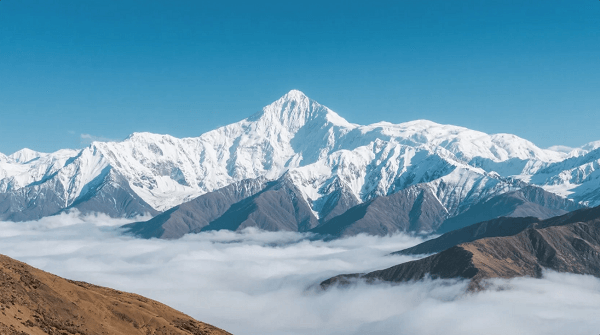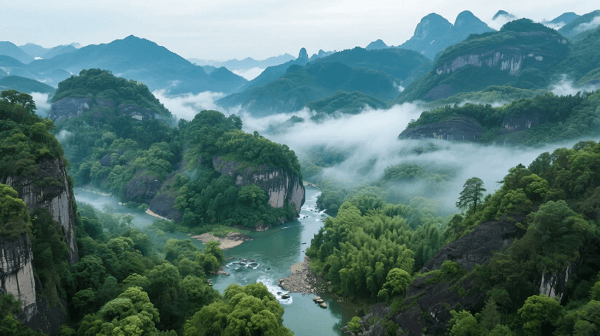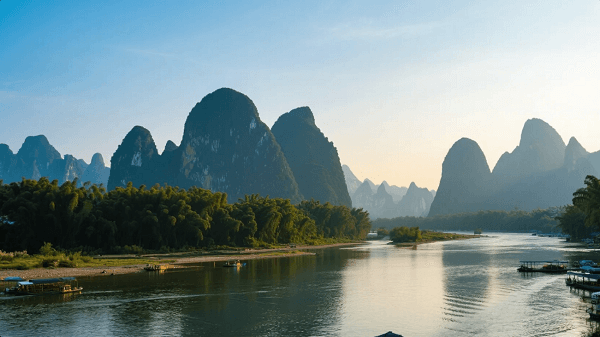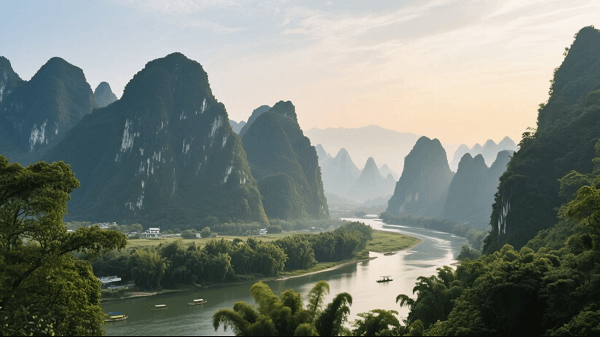Exploring China Tourism offers a blend of ancient history, modern architecture, and diverse natural scenery. In the first 100 words, let’s highlight why this destination delivers real value—from world heritage sites to cultural depth and breathtaking landscapes.
What Makes China Tourism Unique?
China Tourism is characterized by a seamless fusion of long-standing traditions and futuristic innovation. For instance, while the Forbidden City and the Terracotta Army showcase millennia-old culture, cities like Shanghai and Shenzhen reveal futuristic skylines. As a result, visitors are presented with a journey that bridges past and future.

Key Aspects of China Tourism
Cultural Heritage
Ancient Landmarks: The Great Wall, Silk Road remnants, and UNESCO sites carry stories of imperial power and ancient trade.
Living Traditions: Tea ceremonies, calligraphy, and local festivities preserve cultural heritage in daily life.
Modern Urban Wonders
Futuristic Architecture: Pudong’s skyscrapers and smart-city districts highlight China’s technological leap.
Culinary Innovation: From Sichuan spice to Cantonese dim sum, regional menus cater to adventurous palates with balanced flavors.

Diverse Natural Landscapes
Scenic Diversity: From Guilin’s karst hills to the snow-capped mountains of Tibet, scenery ranges dramatically.
Eco-Tourism Spots: Areas like Zhangjiajie and Wolong Panda Reserve attract travelers seeking wildlife and sustainable travel.
How China Tourism Benefits Travelers and Communities
Educational Value: Guided tours and cultural workshops help travelers grasp Chinese history, language, and customs.
Economic Impact: Tourism supports heritage conservation and rural development, bringing tangible benefits to local communities.
Sustainability Focus: Initiatives such as eco‑hotels and protected zones promote responsible tourism and environmental protection.

Insider Tips for Savvy Travelers
Timing Is Key:
Avoid Golden Week (May/October) crowds by choosing off‑peak seasons like spring or autumn.
Adapt to Diversity:
Mandarin isn’t universal—regional dialects vary. Use apps and basic phrases to ease communication.
Prepare for Altitudes:
If visiting areas like Tibet, prepare by acclimatizing gradually to avoid altitude sickness.
Urban Convenience vs Rural Planning:
While big cities offer health services and transit, remote areas may require extra logistics and basic supplies.




